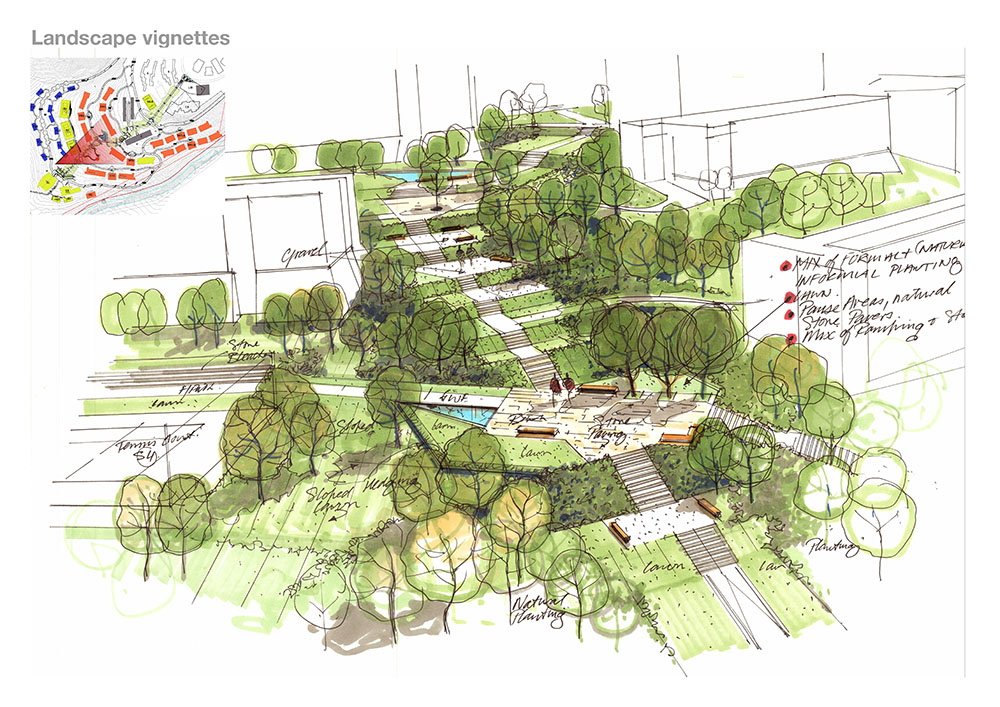The focus on sustainability and the circular economy will become even sharper over the next 12 months, says FBW Group chief managing director Paul Moores.
He believes that businesses that rise to the challenges of those issues will have an added edge in an increasingly competitive marketplace.
And he adds that they will have a growing impact on building design and construction, not just in East Arica but globally.
FBW Group has always been committed to sustainability and ecological considerations in its building designs.
During more than a quarter of a century of its operations, it has gained a wealth of practical experience in the design and delivery of sustainable building solutions and green principles continue to form an integral part of the design thinking that underlies all its work.
As part of its continuing commitment to ‘build green’ and to advocate for green buildings it is also a member of the Kenyan Green Building Society, part of the World Green Building Council.
It is also a champion of the EDGE green building certification system. The Kenyan government has declared that all affordable housing development projects under the nation’s ‘Big Four’ agenda must meet the EDGE standard.
Paul says more work is needed to create the circular economy in Africa. He says: “In construction that means a focus on more reliable, locally sourced products, created out of natural and traditional African materials. Apart from clay and stone products these could be bioplastics or natural fibre boards.
“Added to that is the need to drive the industry towards recycling products on a larger scale, even including something as basic as using reclaimed products in concrete.”
He adds: “Businesses want to do the right thing when it comes to the environment and the construction sector must rise to that challenge.
“It means a continuing focus on sustainable design and construction strategies. The challenge begins during the design stage and the work needed to reduce embodied carbon in buildings.”
Sustainability is at the heart of FBW’s approach to design work. In its masterplan for the University of Global Health Equity (UGHE) campus expansion in Rwanda natural lighting and ventilation have been harnessed wherever possible, as well as the use of solar heating and lighting technologies.
FBW’s work to create a ‘green’ campus for the International School of Kigali (ISK) in Rwanda is another example of that sustainable approach – from its natural ventilation to the products used in construction.
The project will use locally made, eco-friendly brickwork, fired through a low embodied carbon technique.

